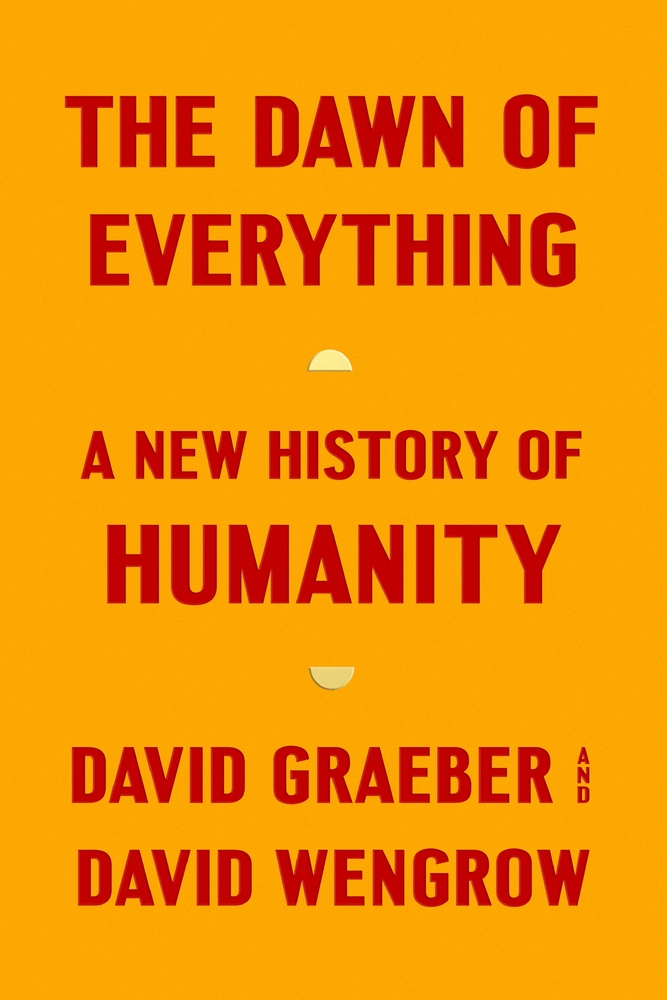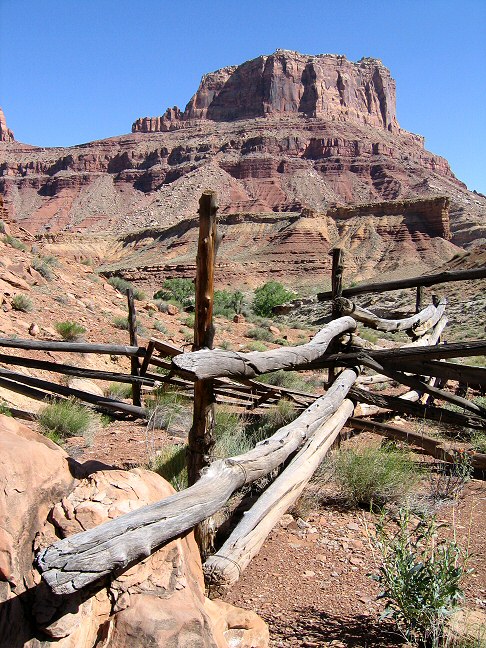In my quest these last six year to understand my childhood, many authors and therapists tried to talk me into the idea that I was traumatized. "Little-T" traumas, they called them, because I had no "Big-T" trauma in my past.
Some didn't use the T-word, they call it "childhood emotional neglect," or being the child of a narcissist, or having a member of the family in some medical distress, institutional racism, national disaster, family breakup, parental absence, violence in the home or somewhere nearby. The list goes on. One website claimed two thirds of us experienced trauma as a kid. The cluster of symptoms makes a very long and utterly diverse list:
- Avoidance of certain people, places, and things
- Changes in academic performance
- Changes in behavior
- Constant worrying or anxiousness
- Difficulty focusing
- Hyperactivity
- Increased feelings of sadness or intense fear
- Isolating self from family and peers
- Overreacting to situations that were once not a big deal
- Appetite changes
- Changes in sleep pattern
- Clinging more to parents/caregivers
- Crying more often than usual
- Hyper aroused
- Easily triggered
- Changes in eating patterns
- Changes in peer groups or social activities.
- Changes in sleep patterns
- Inattentiveness
- Using of drugs or alcohol to self-medicate
- Various emotions that were not there in the past such as anger, depression, hopelessness
- Avoiding activities that they once use to enjoy
- Trouble focusing in situations that were once easy to focus on
- Changes in appetite
- Difficulty sleeping
- Problems with authority figures
- Various emotions (ex. sadness, anger, irritable)
I was almost convinced it was so with me. I mean, everyone has at least one of those symptoms.
Except there was no trauma. Not a thing I could point to. No memories in my or my siblings heads. Nothing.
And yet I was almost convinced it was so, the onslaught was so constant in the literature.
In Harper's Magazine this month (vol 343, No. 2059, p 32) Will Self has an essay "The Posthumous Shock: How everything became trauma" which speaks to how this came to be in our culture. The next few quotes come from that essay. Don't go look it up, by the way, the essay itself is really poorly written, a sort of post-post-modern literary critique in the style of a word-fart; this essay was a real cheek-flapper.
For how can we begin to understand the enormous role that trauma has come to occupy in people's understanding of who--and, yet more pertinently, how--they are, without interrogating our own experience?
This was my problem with the literature; so many authors tried to convince me I had trauma, and I didn't. I tried very hard to find it. I gave it many very good efforts. It's just not there.
The most insidious of the books if Bessel van der Kolk's The Body Keeps the Score. The premise is that all the small-T traumas you experienced but can't remember, are remembered by your body, so there is a constellation of problems you will have that you can blame on someone other than yourself.
We tend to think of the ability to be wounded in this way as a permanent feature of the human experience, albeit one one that was long undertheorized. In this way, it is analogous to a psychopathology such as schizophrenia, which we retrospectively recognize as having operated long before it was properly identified. In contrast, I shall be advancing the heretical notion that trauma as we now understand it is not a timeless phenomenon that has affected people in different cultures and at different times in much the same way, but it is to a hitherto unacknowledged extent a function of modernity in all its shocking suddenness.
Trauma exists, to the extent it does, because of the way we live, not because of our childhoods. We simple never give ourselves the time to think about how our childhoods went.
I've started another book on the origins of democracy. David Graeber and David Wengrow, in their recent The Dawn of Everything: A New History of Humanity, go to some lengths to show the importance of native American thought on civil society. By the 1750's several very well-spoken native Americans had learned English or French and had gone to Europe to converse with the cognoscenti. The gist of those conversations was that while the Europeans thought the natives were well read and spoken for a native, the natives thought the Europeans were by and large crazy. They pointed out repeatedly the bondage the Europeans put themselves in, even the rich ones, but having a king. The king became the only free member of that society, whereas every member of a band or tribe was free to chose for themselves what they would do. Not even the chief or "ruler" of any band had the authority to order anyone to do anything, because there were no civil punishments. There were consequences to crime, even to murder, but those consequences devolved to the miscreants' family to repay and recompense, not to be killed or imprisoned.

Consider the lack of freedoms we have in a free land: the constant onslaught of ads, the lack of unbiased news, news that is more ads than news, hugely biased politics and science. And social media so bent on wokeness and ads that they have long lost the thread of freedom of speech.
Small wonder I liked the desert so much. Out there, away from the cell towers, there is only radio to bring me ads, and that only when I turn it on. It's a free place to live, for a time, always pleasant.
Until I get better at ignoring the crap, maybe I'll drift off into the desert where honesty abounds. Maybe I'll say, "I go now to the wilderness, to live an honest life."
